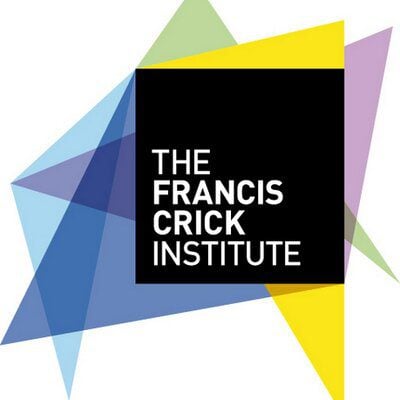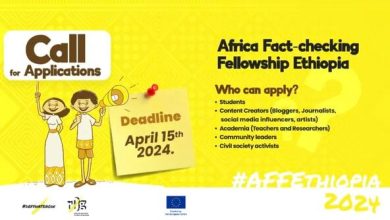The Crick Africa Network Career Acceleration Fellowships 2024
Deadline: 12th of November, 2023

The Crick Africa Network (CAN) is giving African Career Acceleration Fellowships, which are funded by LifeArc, to early-career biomedical scientists who want to create translational scientific programs and become independent researchers.
The Crick Africa Network (CAN) seeks ambitious early-career African scientists with strong scientific and leadership potential, a strong interest in translational science, and a commitment to establishing their own research groups and advancing their careers on the African continent.
Eligibility:
To be eligible to apply for the African Career Acceleration Fellowship you must have:
- Citizenship or permanent residency status for an African country
- A PhD in a relevant field with two to five years of postdoctoral experience, or a clinical PhD (MBChB) with at least three years of relevant research experience
- A strong track record indicating potential as a scientific leader on the African continent
- A strong translational science proposal in one of the CAN research areas
- Approached and reached an agreement regarding your proposed science with your mentor in your chosen African partner institute and your chosen mentor at the Crick before submitting your scientific proposal.
In exceptional circumstances we may accept a candidate with less than two years’ postdoctoral experience. If this is the case, please contact the CAN programme manager, Jennifer Brown at can-fellowships@crick.ac.uk to discuss before submitting your application.
Research themes:
All projects should have translational potential. Our definition of translational science is that it serves clinical, commercial, or environmental benefit. It should address a clear unmet medical need and bridge the gap between basic discovery science and product development and can include
- human genetics,
- disease pathogenesis and immunogenetics,
- pathogen genomics or bioinformatics,
- host-pathogen interaction,
- diagnostics and biomarkers,
- pandemic preparedness,
- antimicrobial resistance (AMR), or
- drug and vaccine discovery for development.
Our priority areas include
- diseases caused by viruses such as HIV, HBV and SARS-CoV-2,
- bacteria such as Mycobacterium tuberculosis and Mycobacterium ulcerans,
- other bacterial pathogens including AMR-priority pathogens,
- fungal pathogens,
- protozoal pathogens that cause diseases such as typanosomiasis, malaria and cryptospoidiosis,
- helminths, and
- other neglected tropical diseases.
Application:
-
Applications will be checked for eligibility including the nationality of the applicant, number of years of postdoc experience and the translational elements of the proposal.
-
Proposals will be assessed by the chosen African partner institution, the chosen Crick mentor, as well as an external peer reviewer.
-
Shortlisted candidates will be interviewed by the chosen African partner institution.
-
An expert panel will convene to assess all interviewed applicants and agree on the successful fellows. Applicants will then be informed of the outcome.
Before you apply:
- Before submitting your application, you must read the application notes (PDF).
- If you have questions about the translational potential of your proposed research idea and how LifeArc could support development, please contact Andy Merritt, LifeArc project lead and head of academic engagement, at andy.merritt@lifearc.com.
- Applicants must have identified a mentor at their chosen African partner institute and the Crick before making an application. Crick research labs can be found in our A-Z lab listing.
Submitting your application:
- Applications should be submitted through our online academic recruitment portal.
- Only fully completed applications will be considered.
For assistance and advice on potential mentors, please email the Crick Africa Network programme manager Jennifer Brown at can-fellowships@crick.ac.uk







